Gender: Male - Starting with C
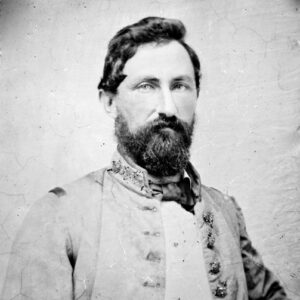 William Cabell
William Cabell
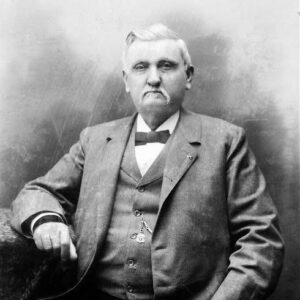 William Cabell
William Cabell
Cabell, William Lewis
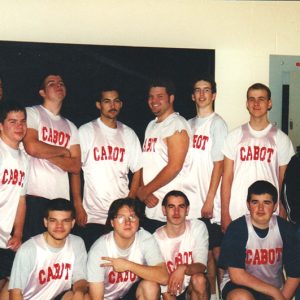 Cabot Basketball Team
Cabot Basketball Team
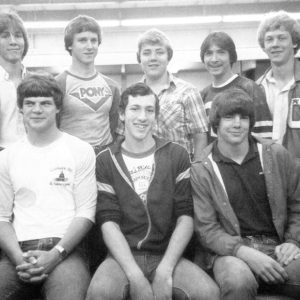 Cabot Delegates
Cabot Delegates
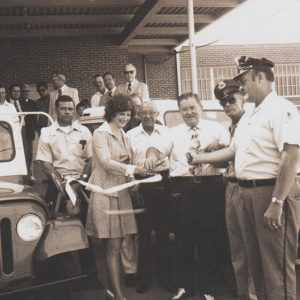 Cabot Post Office
Cabot Post Office
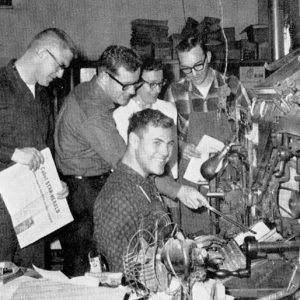 Cabot Star-Herald Staff
Cabot Star-Herald Staff
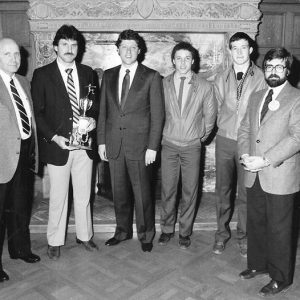 Cabot Team Recognition
Cabot Team Recognition
Cadle, Zallie C. (Lynching of)
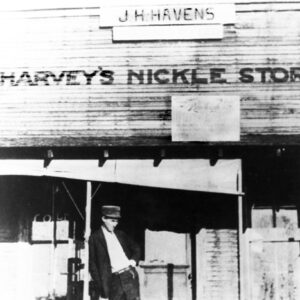 Cadron Gap Store
Cadron Gap Store
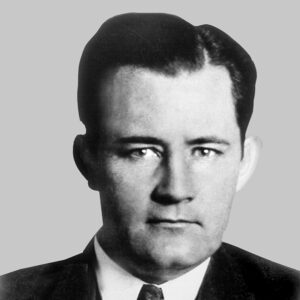 Raymond J. Caffrey
Raymond J. Caffrey
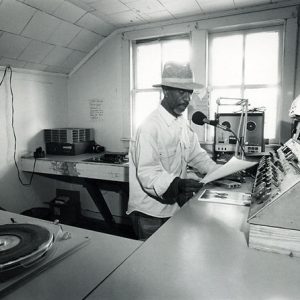 John Cain
John Cain
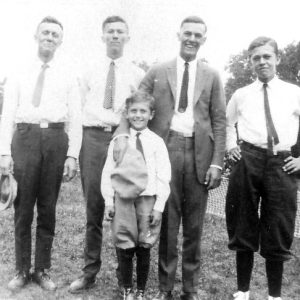 Calaway Family
Calaway Family
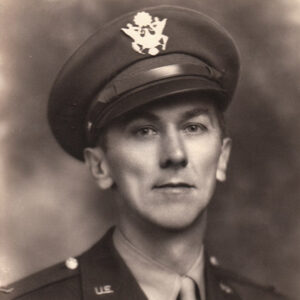 William Hickman Calaway
William Hickman Calaway
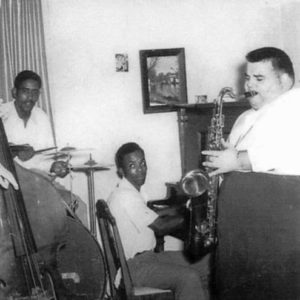 Caldwell and Band
Caldwell and Band
 Caldwell and Daughter
Caldwell and Daughter
Caldwell, Arthur Brann
Caldwell, Charles (Execution of)
Caldwell, Creed Sr.
Caldwell, John Paul
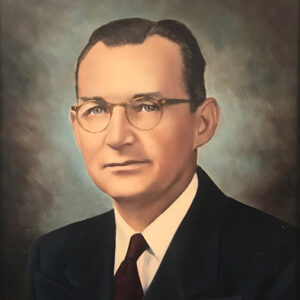 John Caldwell
John Caldwell
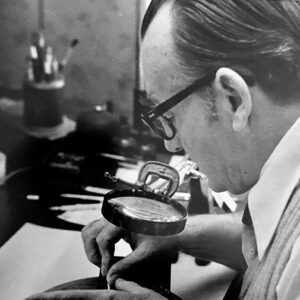 John Caldwell Working on a Woodcut
John Caldwell Working on a Woodcut
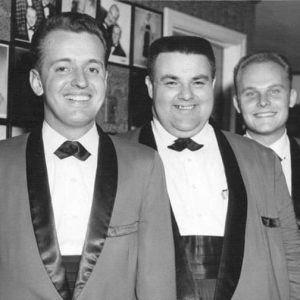 Punky Caldwell Trio
Punky Caldwell Trio
Caldwell, Walter Garnett “Punky”
Caldwell, Will, and John Thomas (Lynching of)
aka: John Thomas and Will Caldwell (Lynching of)
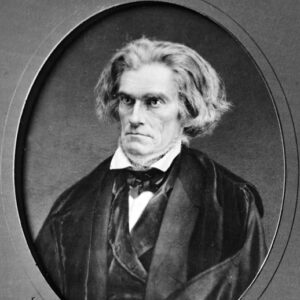 John Calhoun
John Calhoun
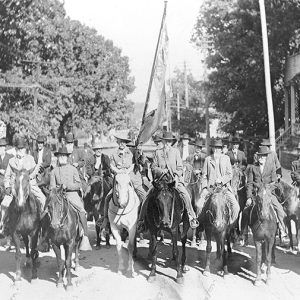 Camden Vets
Camden Vets
Camp Hot Springs
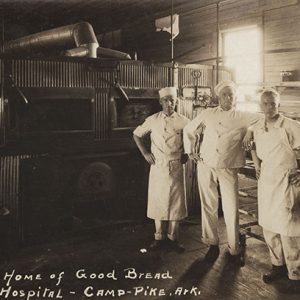 Camp Pike Bakery
Camp Pike Bakery
Camp, Shawn
aka: Darrel DeShawn Camp
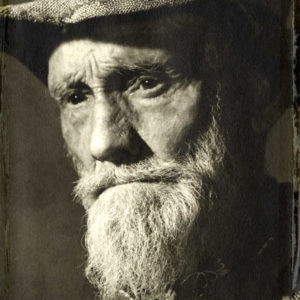 Booth Campbell
Booth Campbell
Campbell, Glen
aka: Glen Travis Campbell
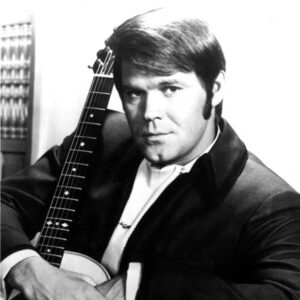 Glen Campbell
Glen Campbell
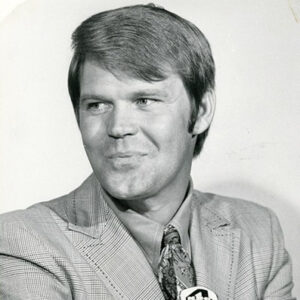 Glen Campbell
Glen Campbell
Campbell, John
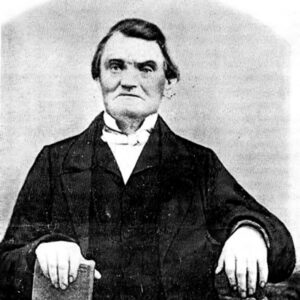 John Campbell
John Campbell
Campbell, Leon “Muscles”
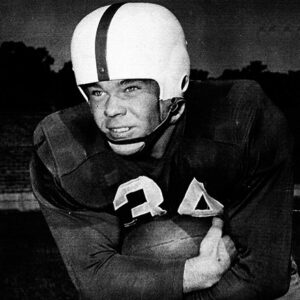 Leon "Muscles" Campbell
Leon "Muscles" Campbell
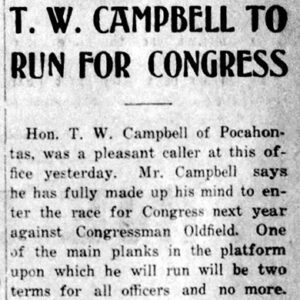 T. W. Campbell Article
T. W. Campbell Article
Campbell, Tom Walter
Canada, Eugene “Bud”
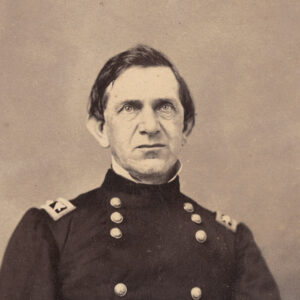 Edward R. S. Canby
Edward R. S. Canby
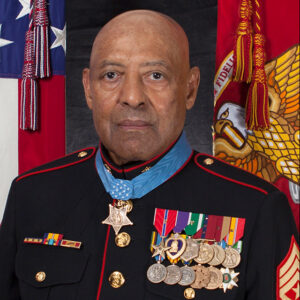 John L. Canley
John L. Canley
Canley, John L.
Cantrell, Deaderick Harrell (D. H.)
Cape Girardeau, Missouri, to the Eleven Point River, Expedition from
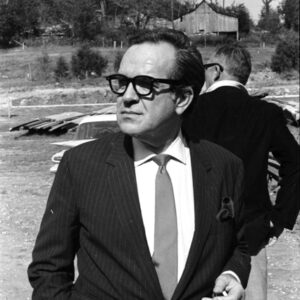 Al Capp
Al Capp
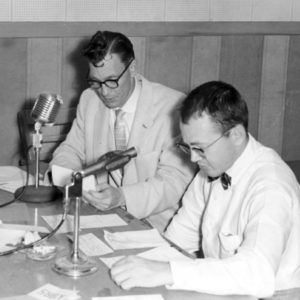 Al Capp
Al Capp
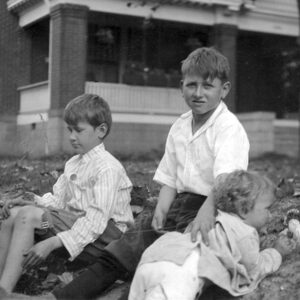 Caraway Sons
Caraway Sons




